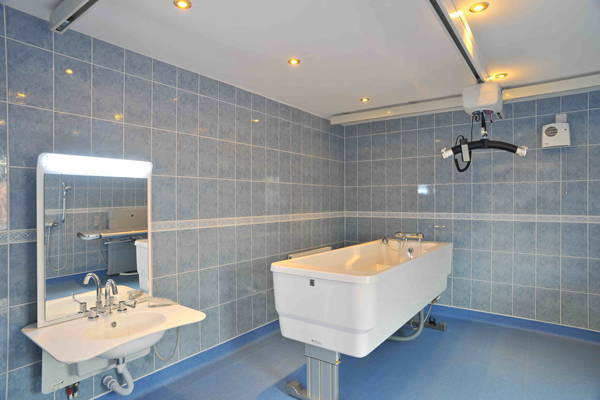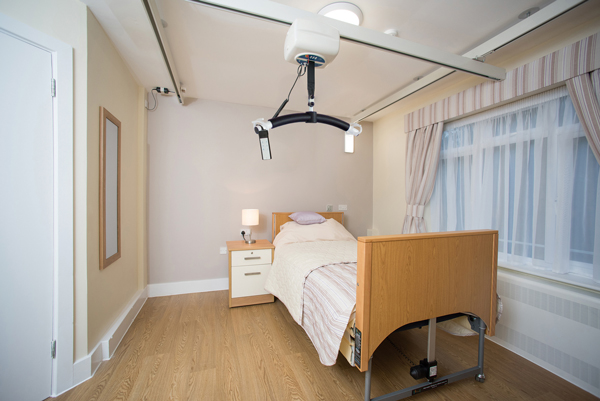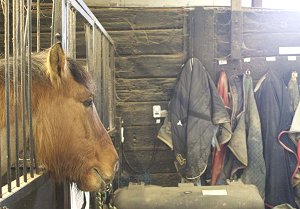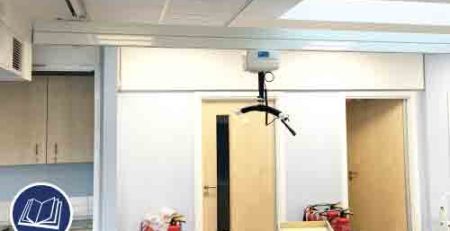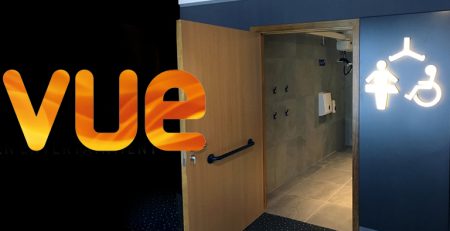What is an XY Ceiling Hoist System or H Track Ceiling Hoist System 2019?
What is an XY Ceiling Hoist System or H Track Ceiling Hoist System?
We often get asked what is an XY Ceiling Hoist System or H Track Ceiling Hoist System? (also known as an XY Overhead Hoist or an XY Hoist).
XY or H Frame Systems are the most common means of mounting a Ceiling Hoist. Consisting of two fixed lengths of track running parallel to one another, with a moveable track suspended between the two, the Ceiling Hoist can run along the moveable track either manually or powered. The moveable track then runs along both parallel rails which effectively offers access to the entire area.
The name XY or H Frame Systems are derived purely to describe the physical shape; XY implies the vertical and horizontal Y and X axis of a graph indicating the full manoeuvrability across the XY axis, and the H – to put simply – because the moving track is positioned under and between the two parallel fixed tracks resembling the letter H.
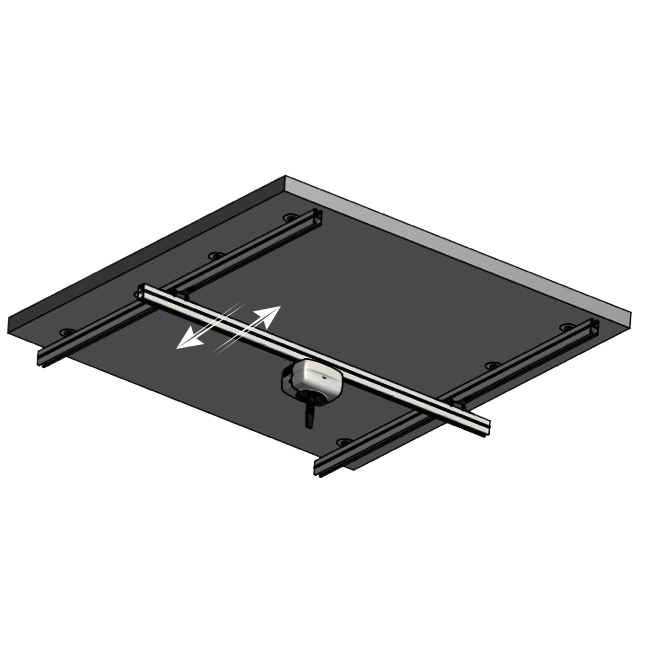
Purpose
The XY system’s design is specifically to allow the coverage of as much space in a room as possible, ideally the whole room. In essence, where there are multiple transfer points present. In many instances, this will future-proof a room or an area of a house to accommodate a change in needs, whether this would be the alteration of layout or shift of furniture.
The aim is to enable transfers to any or all areas of the room, leaving no space out of bounds. In domestic environments, this helps those who require hoisting feel that they are able to reach and access the places that they both need and want to. In classrooms or physiotherapy spaces, this ensures the area fulfils its maximum potential; the use of straight or single tracks would cover only a linear route, resulting in much of the room being unreachable and therefore unusable.
The name XY or H Frame Systems are derived purely to describe the physical shape; XY implies the vertical and horizontal Y and X axis of a graph indicating the full manoeuvrability across the XY axis, and the H – to put simply – because the moving track is positioned under and between the two parallel fixed tracks resembling the letter H.
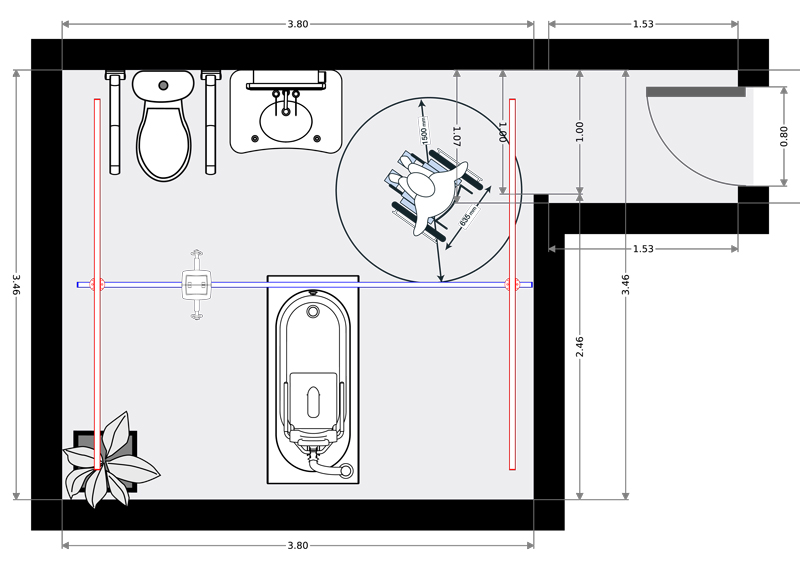
Aesthetics
In clinical environments where the appearance of hospital equipment – especially an XY system – is negligible, the standard fitting is more than acceptable. However, in Homes or particularly in Hotel or Guest Accommodation, a neater and less obtrusive finish is desired.
Using fixings such as a Flush XY trolley, the moving track can sit between the two fixed tracks and be kept flush to the ceiling, as opposed to hanging below the two tracks. This can improve the symmetry and keeps all the tracks on a single level below the ceiling.
To even further manage and counteract the intrusion of the tracking into a room, fitting a suspended ceiling just below the tracks once the fixings are already in place creates a recessed track system. With only the moving track in view and flush to the ceiling, the majority is hidden from view and gives a clean and modern aesthetic.
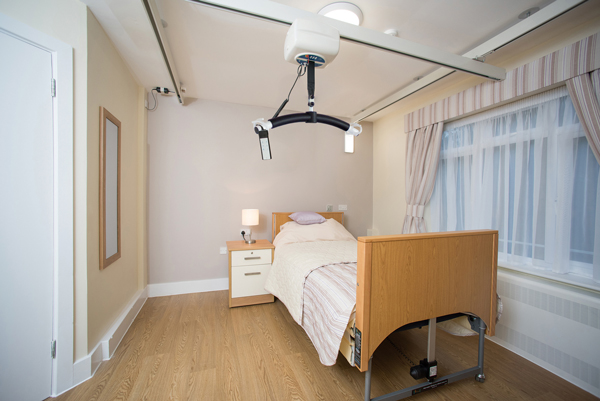
Fixings
An XY is a versatile system with few limits to where it can be applied. The track can be installed on nearly any type of ceiling structure; we have solutions for low ceilings, large voids, inappropriate joists size or direction. Failing this, fixing to the walls using brackets is a common resolution that mounts the track on the walls as opposed to the ceiling. If this is not possibility, then we can still fix via wall posts; a discreet post that transfers the weight of the track and hoist down into the floor without relying on structural support from the ceiling or walls.
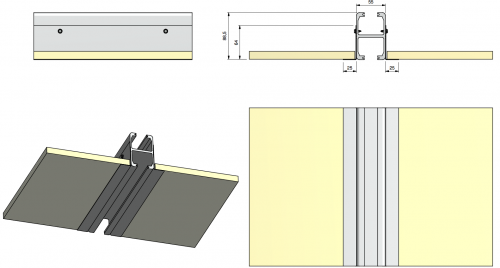
Please contact your Product Specialist for more information. Other examples of layouts can be seen here. OpeMed provide no obligation consultations for architects, contractors, occupational therapists and clients.
To discover more about our Overhead Ceiling Hoist the OT200 Compact, click here.
